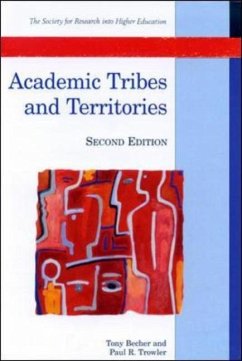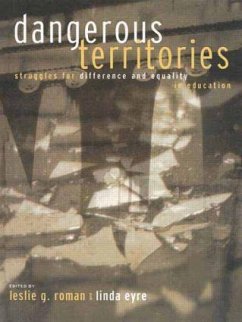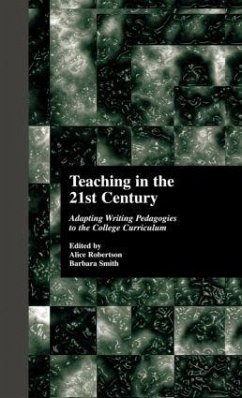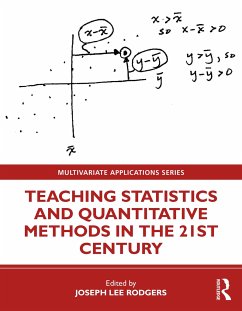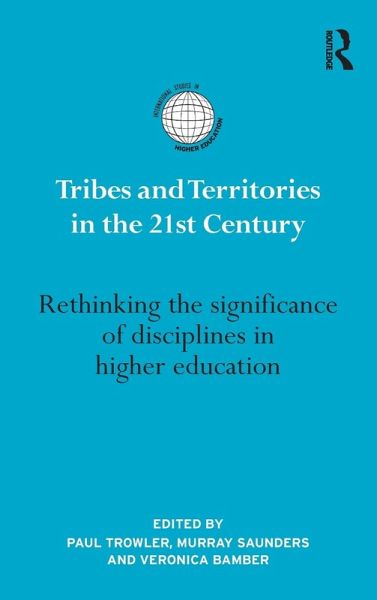
Tribes and Territories in the 21st Century
Rethinking the significance of disciplines in higher education
Herausgeber: Trowler, Paul; Bamber, Veronica; Saunders, Murray
Versandkostenfrei!
Versandfertig in 1-2 Wochen
227,99 €
inkl. MwSt.

PAYBACK Punkte
114 °P sammeln!
The 10th volume in the ground-breaking International Studies in Higher Education series, Tribes and Territories in Higher Education brings the latest thinking together with a new framework for understanding academic practices and research.





